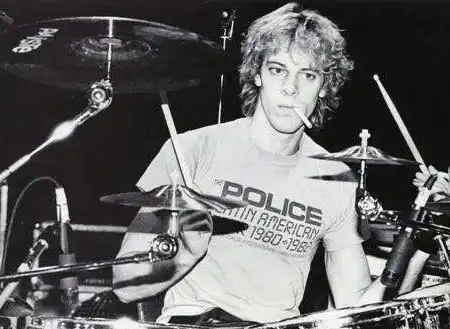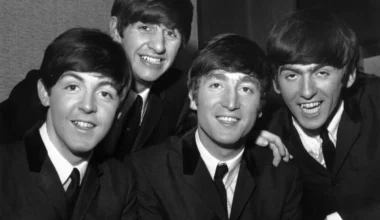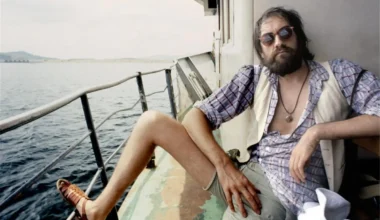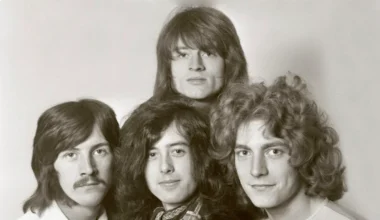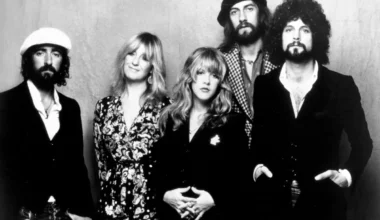Typically, rock ‘n’ roll connects guitar-driven compositions with a rhythm section synchronized to a 4/4 beat. Though Elvis Presley and Chuck Berry’s tapping feet may have made the description fit snugly during the genre’s early infancy, jazz-inspired musicians quickly altered the style significantly and called into question rock as a genre in and of itself. Although he wasn’t the first, Stewart Copeland of The Police is one of the rock drummers who has broken 4/4 conventions.
Copeland and Nick Mason, the drummer for Pink Floyd, concurred that Mitch Mitchell was the greatest drummer of all time. This discussion took place during a 2018 performance on The Grand Tour. They agreed that Ginger Baker followed closely behind. In an attempt to convey the grandeur of the Experience drummer, Mitchell half-jokingly referred to Jimi Hendrix as his guitarist. He did this while introducing himself.
All jokes aside, Mitchell and Baker greatly influenced Copeland’s style of drumming with The Police. Baker, who performed with Eric Clapton and Jack Bruce in Cream, referred to himself as a jazz drummer in a blues rock context. He realized that his unusual time signatures didn’t follow rock convention in this role. Mitchell took a similar approach with his dynamic mallet work.
The Police entered the punk wave at its height with their debut album, Outlandos d’Amour. Hits like “Next to You” and “Roxanne” particularly showcased their aggressive sound. Still, very few people consider The Police to be a punk band.
Will Sergeant of Echo and the Bunnymen recalled being a punk and not liking The Police when he first heard them in a previous interview with Far Out. In a sense, it was a disadvantage if you could play well. We thought some of the bands we saw at Eric’s Club, like The Police, were too good to be true to themselves.
The Police set themselves apart from peers such as the Sex Pistols and The Clash in Outlandos d’Amour. This was thanks to their sophisticated instrumental command. Like some of The Clash’s best-known songs, “Roxanne” had reggae influences. However, Copeland’s energetic beats allowed it to diverge greatly from punk structures.
The Police, of course, changed over time, showing even more maturity in their subsequent albums. The best drumming by Copeland can be heard in songs like “Regatta De Blanc,” “Driven to Tears,” “Synchronicity I,” and “Walking on the Moon.” These instances demonstrated Copeland’s intense love for jazz signatures and established him as one of the generation’s best drummers.
Copeland’s drumming extends beyond rock ‘n’ roll, regardless of whether Baker and Mitchell served as his gateway to jazzy scapes. Copeland listed some of his all-time favorite albums in an interview with Goldmine in 2022. They gave special recognition to the legendary jazz drummer Buddy Rich and his 1966 live album Swingin’ New Big Band. However, he confessed that he generally dislikes jazz.
Stewart Copeland said that his “immunity” to jazz has been “ascribed by jazz chums to being raised on wrong jazz.” He described his love for Buddy Rich’s drumming. Nevertheless, he believes that “Buddy unquestionably set the bar back in 1966 for drum-set virtuosity, and it has not been reached since.”
Subsequently, Stewart Copeland acknowledged West Coast jazz by choosing Time Out by Dave Brubeck Quartet. He jokingly acknowledged listening to another jazz record, calling it “technically wrong jazz.” He implied that that genre of music wouldn’t typically draw him in. Nonetheless, he insisted that “Take Five” and “Blue Rondo A La Turk” “reset the rules of rhythm with their exotic time signatures.” Copeland commented, “From the age of seven unto this very day, I still sob with emotion on hearing the drum solo,” about the latter.

